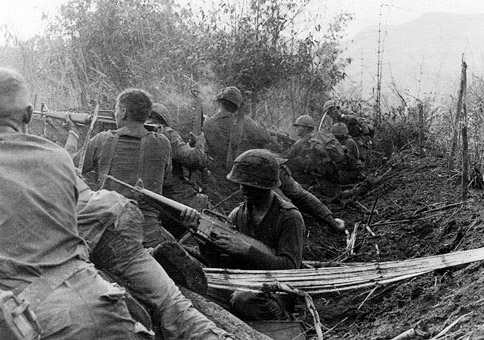ADVERTS
Bosnian War
After the end of the First World War, the Balkan region of Yugoslavia centralized territories with a diverse population, with different religions and ethnicities. Monarch Alexander I came to dominate Catholics, Serbs, Orthodox, Croats, Motenegrins, Muslims and Kosovars.
During World War II, the Croatians plotted to create an autonomous state. With the fall of Nazism at the end of World War II, communist general Josip Broz Tito and his troops established power in Croatia, Serbia, Bosnia, Slovenia and Macedonia.
ADVERTS
Tito governed the region for more than 20 years, maintaining the territory's independence. In 1980 the general died, and the absence of a commander led to a series of popular nationalist manifestos. The rebel groups wanted the separation of the land conglomerate into small nations, formed by disunited and independent states.

Slobodan Milosevic, Bosnian War
Slobodan Milosevic, communist and Serbian leader, was against the separation demonstrations. Because of the different interests between the groups, fighting began in 1992. At the time, the Bosnians claimed independence and the Serbian nationalists did not accept the initiative.
The Serbs were victorious in the first years of the war. Thousands of civilians were murdered, an act that was interpreted by many as ethnic cleansing.
ADVERTS
The Bosnians, being defeated and massacred, asked for international help. After three years of war, NATO and UN troops arrived on the scene to intervene in the attacks carried out by the Serbs.
Thus, there was the intention of dialogue, promoted by international intervention to end the conflict. US President Bill Clinton helped people sign the Dayton Peace Agreement in November 1995.
Yugoslavia was then left with the territory of Serbia, Montenegro, Kosovo and Vojvodina. Even so, the treaty was not enough to end the war.
In 1998, the Kosovars wanted total independence, and began a new confrontation. President Milosevic of Yugoslavia attacked with force, and another NATO intervention was needed.
In 2000 and 2001, Islobodan Milosevic would be accused of corruption. More than 500,000 people demonstrated in the capital Belgrade for the president to leave power. In 2001, he couldn't resist the pressure.
Separation movements gained more influence after the president's fall. In May 2006, Serbia and Montenegro were officially separated.
Since that year, the Balkan peoples have had their territory properly separated, respecting each other's cultural differences. This ended the Bosnian war.
